Media double standards in covering Iran US prisoner exchange deal
In an emotional reunion two of the five Iranians illegally detained by the US have returned to the Islamic Republic of Iran, their homeland, and have been reunited with their families.
Their crime had been conducting business which the US claimed had violated US sanctions.
Meanwhile, the five prisoners held In Iranian jails have also been freed.
Their crime was far more serious than just conducting business, they were charged with spying.
The Iranian President, Ebrahim Raisi, and his team conducted very difficult behind the scenes talks, an arduous task since Iran and the US cannot negotiate directly.
Thanks to mediation by Qatar and Oman, the release has finally taken place.
This is considered to be a great accomplishment for the Raisi administration, which has agreed to the exchange on humanitarian grounds.
Incredible double standards are at play in the way Western media has covered the story. It seems that mainstream western media has forgotten that the US had imprisoned Iranians, illegally at that, in their prisons, emotionally covering the released prisoners from Iran, while condemning Iran and its officials. Not even scant coverage of the prisoners or the bereaved families on the Iranian side.
One of the prisoners held by Iran on spying charges since 2015, Siamak Namazi, a businessman, thanked the US President for ultimately putting the lives of American citizens above politics, as if the Iranian president had not done exactly the same. But the politics Namazi is talking about is US foreign policy.
The sanctions obsessed US uses its sanctions policy to coerce nations into following its foreign policy line.
Even on the day of the prisoner release Washington sanctioned the former president of Iran, Mahmoud Ahmadinejad. He was Iran's President 10 years ago.
Additionally, the US sanctioned Iran's Intelligence Ministry, and just days before that, it had sanctioned 29 individuals and entities in connection with what it claimed was violent suppression of nationwide protests, including Press TV.
In the case of Siamak Namazi he was sentenced to 10 years in prison for espionage and cooperation with the US government and foreign intelligence networks.
His company Atieh Bahar Consulting in Tehran was associated, covertly acting with US government run organizations of an anti Iranian nature, including the VOA TV channel, the US government's Institute for National Strategic Studies, INSS at the Pentagon's National Defense University, and the Office of Iranian Affairs at the US State Department.
President Ebrahim Raisi is in New York for the yearly UN General Assembly meeting.
Peace, Justice, confronting discrimination and domination, unilateralism and terrorism, and the west’s supporting terrorist groups are the messages of the Iranian nation.
Ali Bahadori Jahromi, Iranian Government Spokesperson
Since he came to power, the Iranian president has fast tracked Iran's relations with a host of nations, extending his hand of friendship and peace to leaders from Latin America to Africa, to West Asia, and to the east with Asian countries. Yet the US has described this government as "a rogue terrorist regime".
What has Iran done to merit that description?
Does Iran confiscate the earnings of another nation, forcing the country that has those funds to hold it hostage or does it confiscate another country's oil tanker at sea, which in essence is a form of piracy?
In this case, the reason given was that it was a sanctions enforcement operation.
Such sanctions driven acts have backfired and come back to haunt the US along with their allies and European partners.
Most countries have realized that it is not Iran that has rogue elements but the US.
The sanctions regime, the weaponization of the dollar, and Washington’s preposterous foreign policy agenda has left the US isolated on the international stage.
Organizations like BRICS and SCO are testament to that. Countries are rejecting the US approach and are aligning themselves with each other. Some of the US and Western media are accusing Iran of executing the hostage and Ransom act, however this line doesn't have many buyers, especially when it comes to the topic of prisoners.
A country that has the most number of prisoners inside its jails cannot accuse another country like Iran of being a rogue, not to mention the illegal torture that takes place there. The US also has no credibility when it supports regimes like Israel, which detains and jails people without charge or trial, almost on a daily basis.
While Iran pardons thousands of prisoners on a yearly basis at the leader's discretion and approval. So the Western hostage and Ransom narrative against Iran doesn't hold ground.
Western pundits and 'rights groups' failed to mention the Iranians languishing in US prisons.
They accuse Iran of falsifying charges against the prisoners like spying charges
The US needs to be reminded how it was spying on Iran on a massive scale during the time it had an embassy in Iran.
But the US doesn't learn its lessons and continues down the path of the failed maximum pressure campaign.
A failure admitted by US officials. Iran will continue to imprison anyone suspected of spying and acting against Iranian national security as it has done many times.
VIDEO | Displaced Gazans struggle to find clean water amid Ramadan
VIDEO | Pakistan strikes militant camps along Afghan border after suicide bombings
Iran FM: Chance still exists for win-win solution to nuclear issue
Denmark rejects Trump's plan to send US hospital ship to Greenland
US Secret Service kills man trying to enter Trump’s Mar-a-Lago estate
US-Israel digital wallet scheme risks placing aid under Israeli control in Gaza: Euro-Med
VIDEO | US support for Israel’s expansionist agenda
Palestinians granted only 66 building permits in West Bank over 11 years: Report


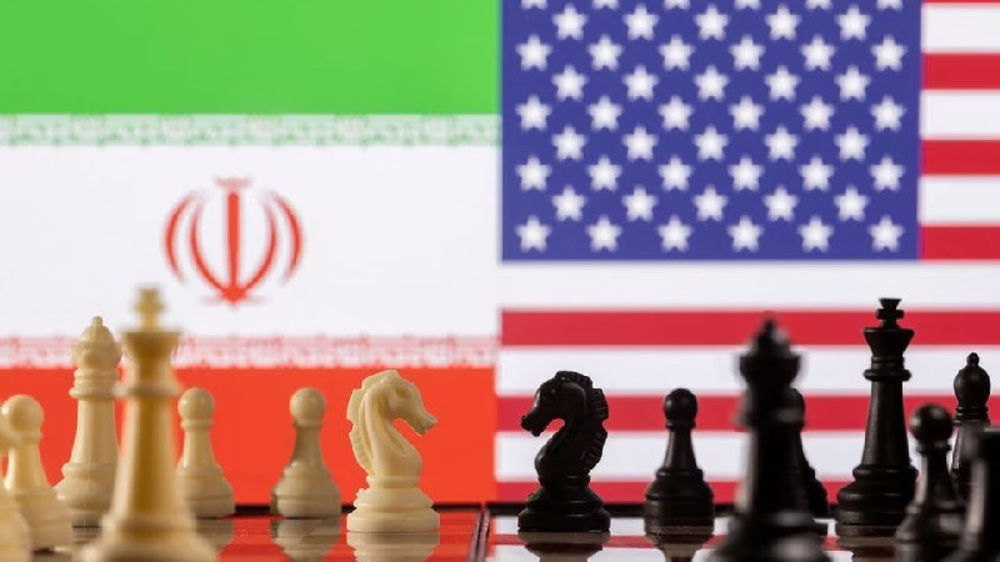
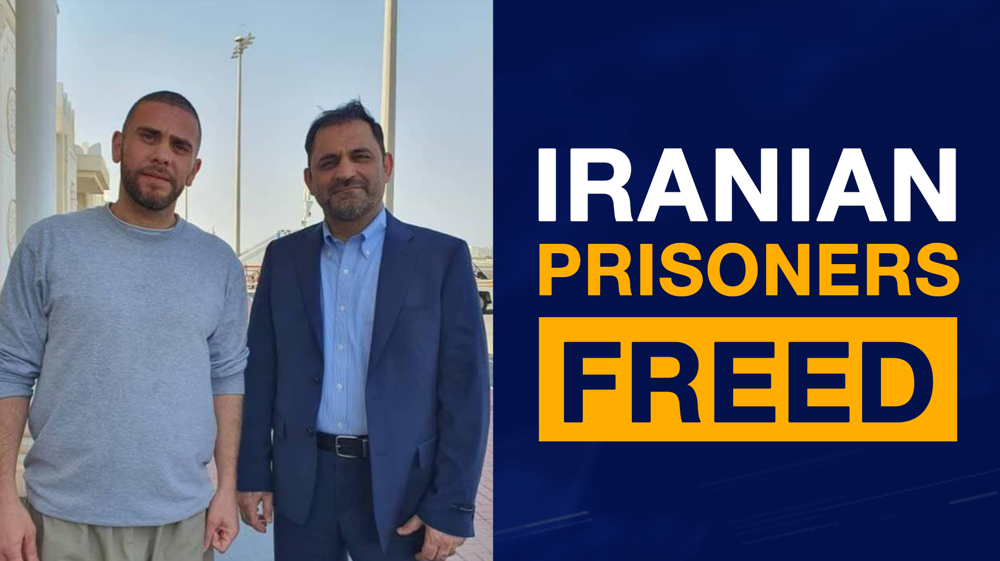
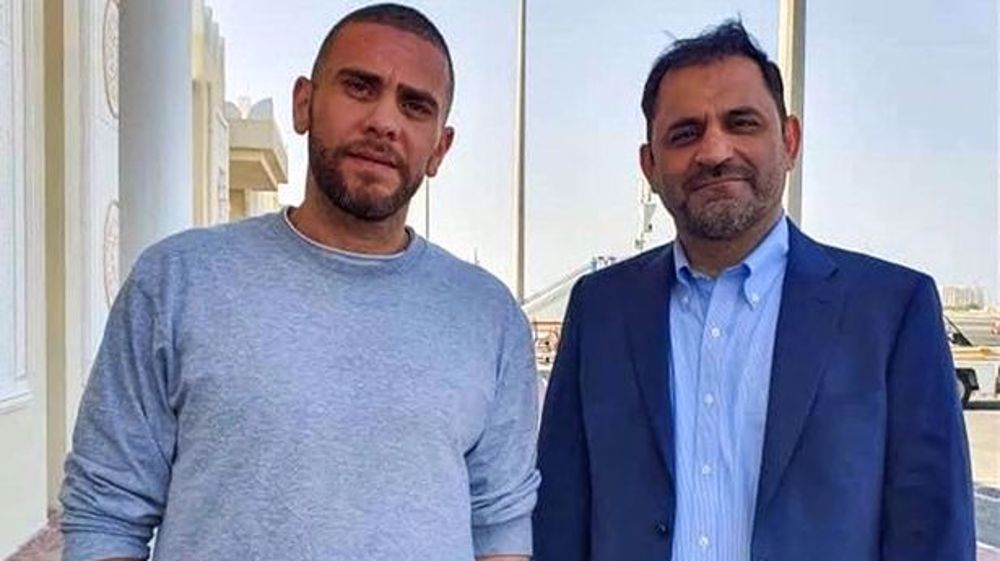
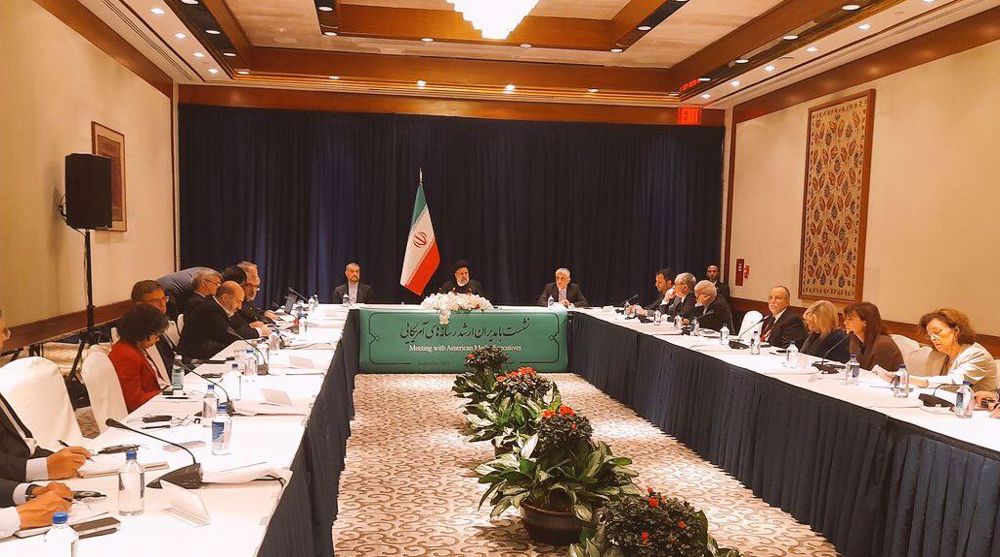
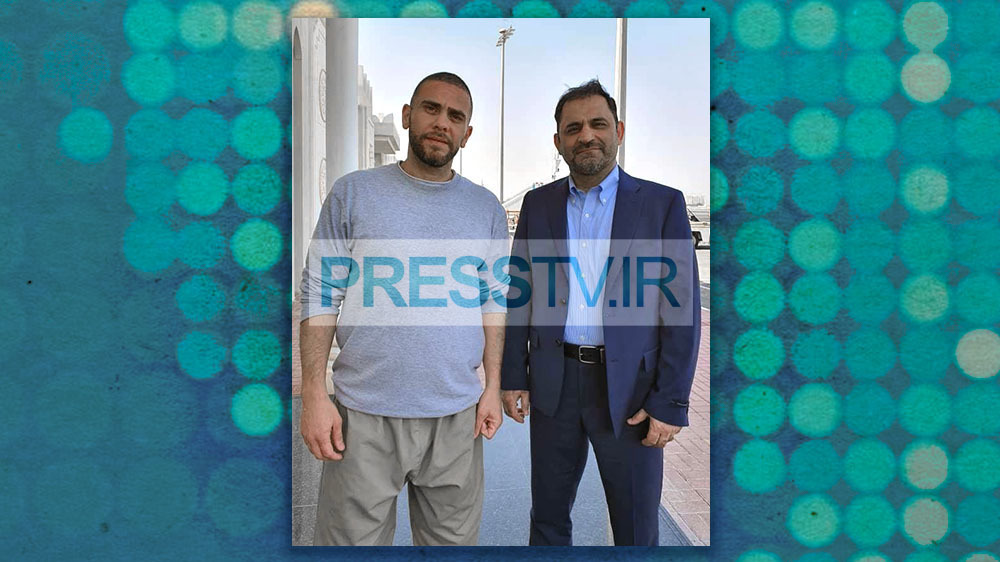
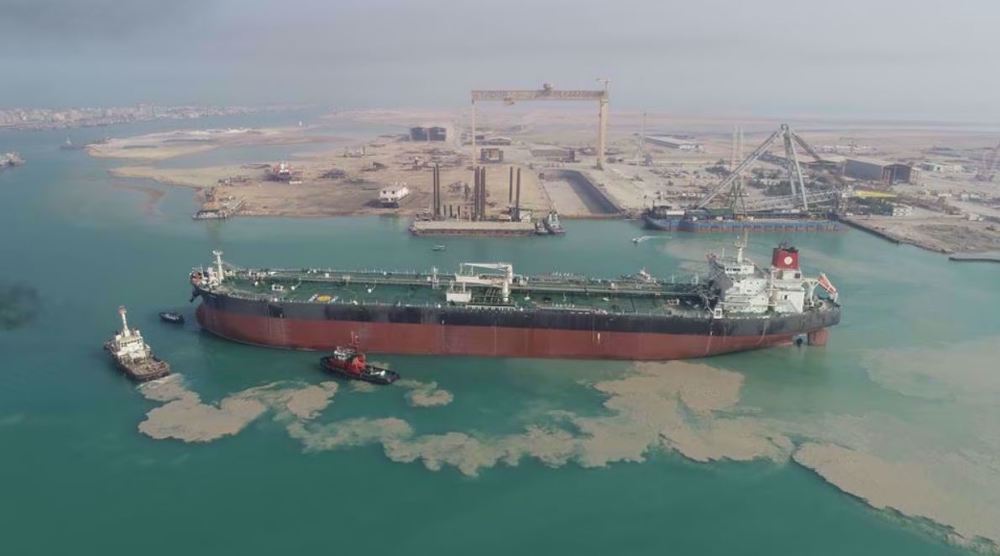
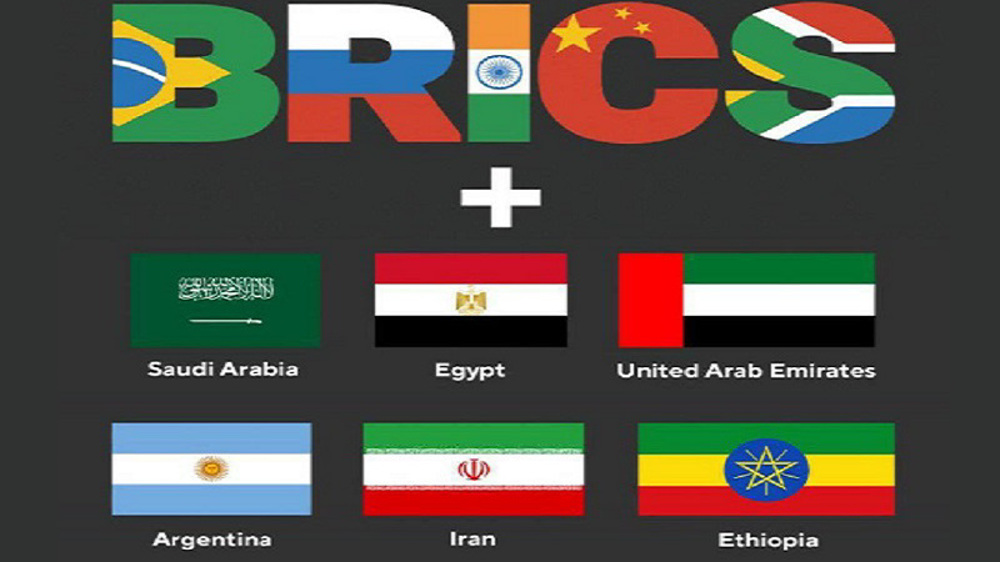
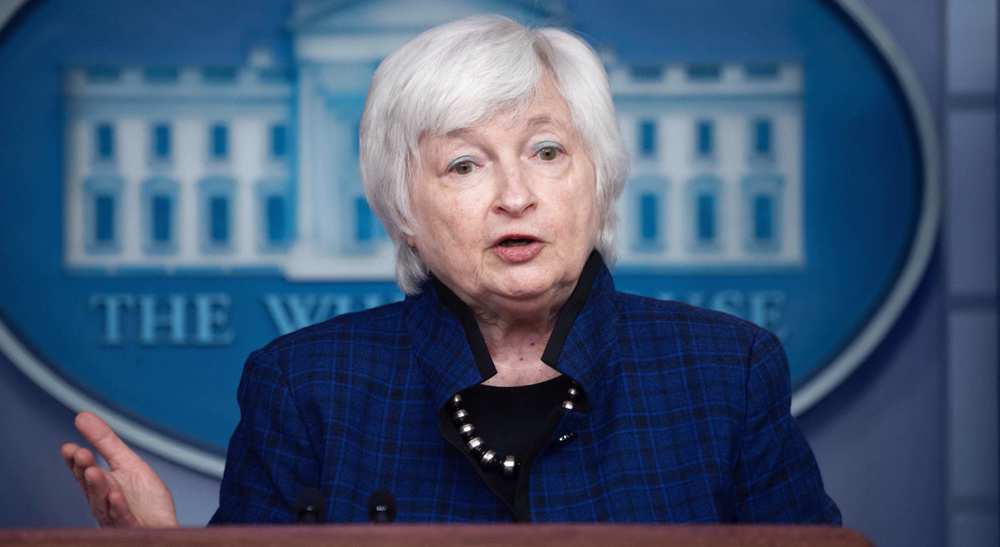
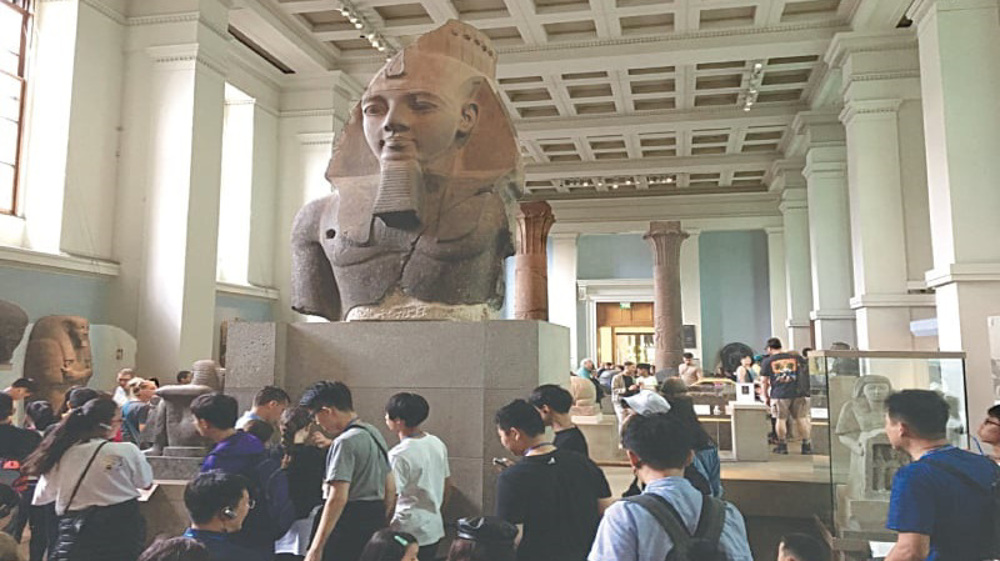
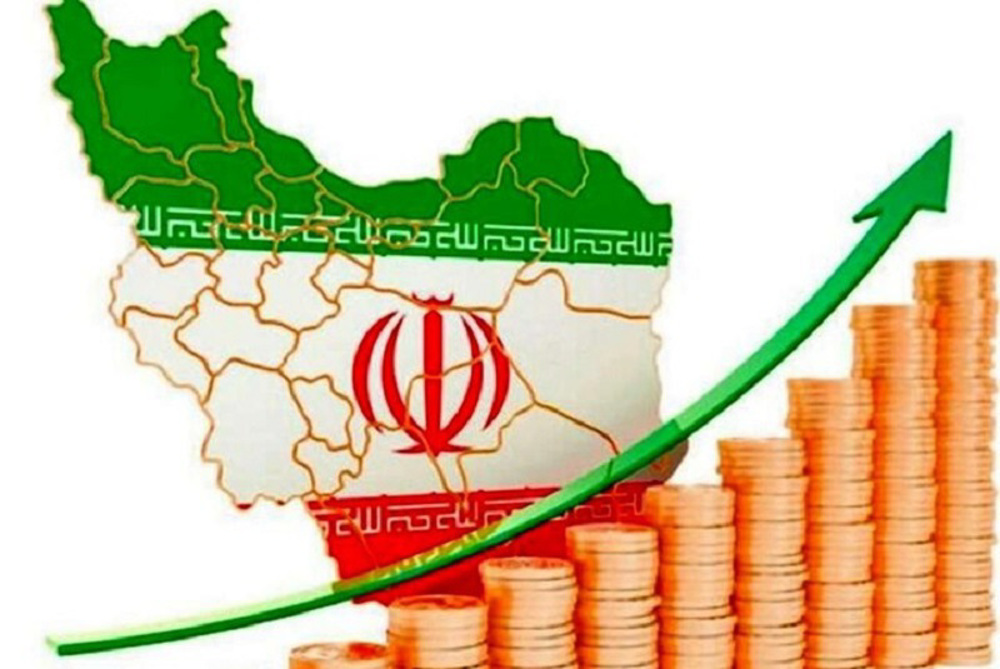




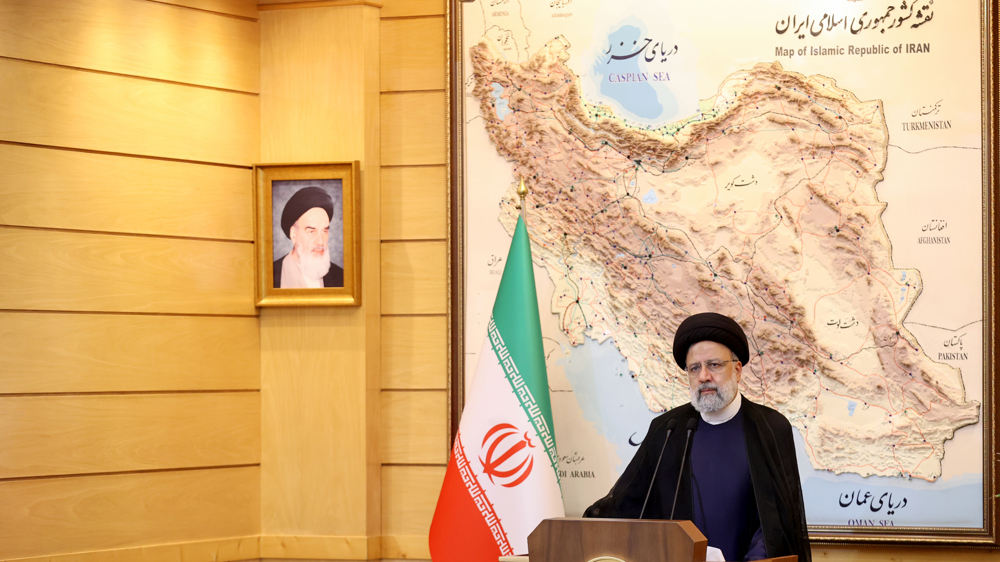
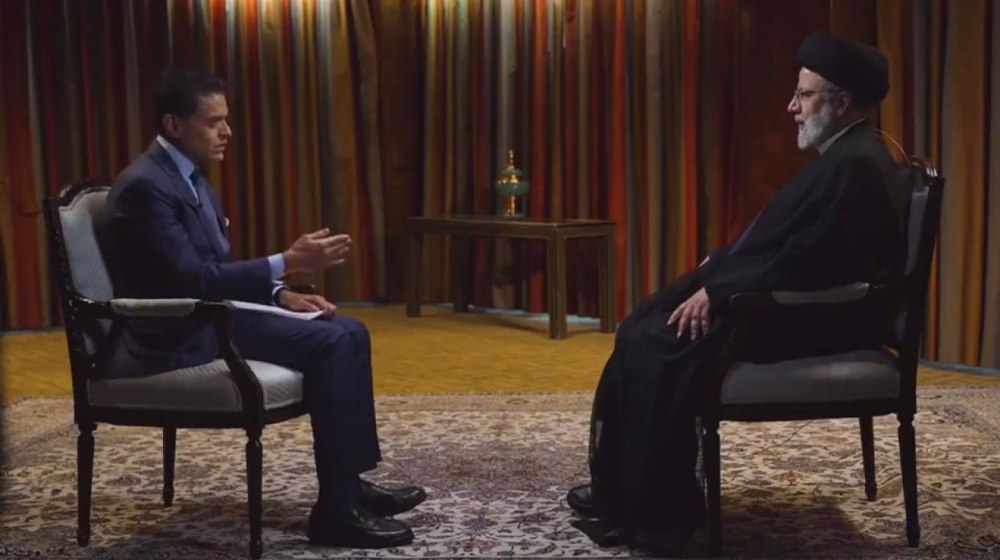
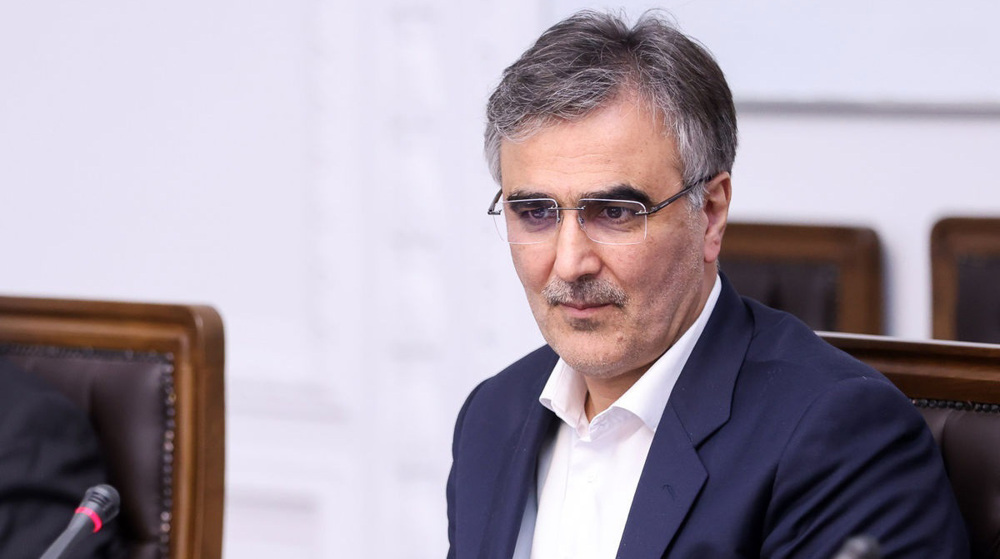
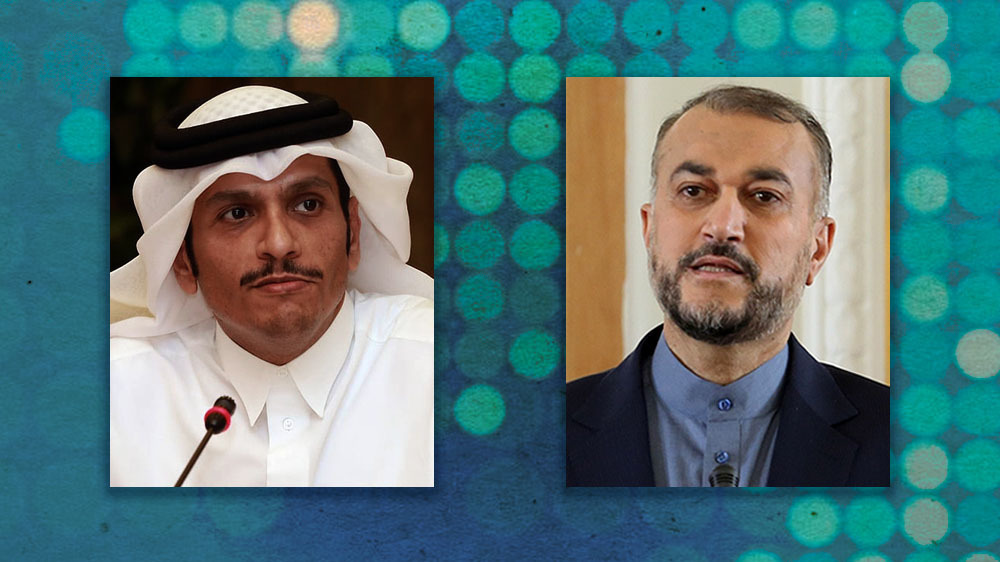
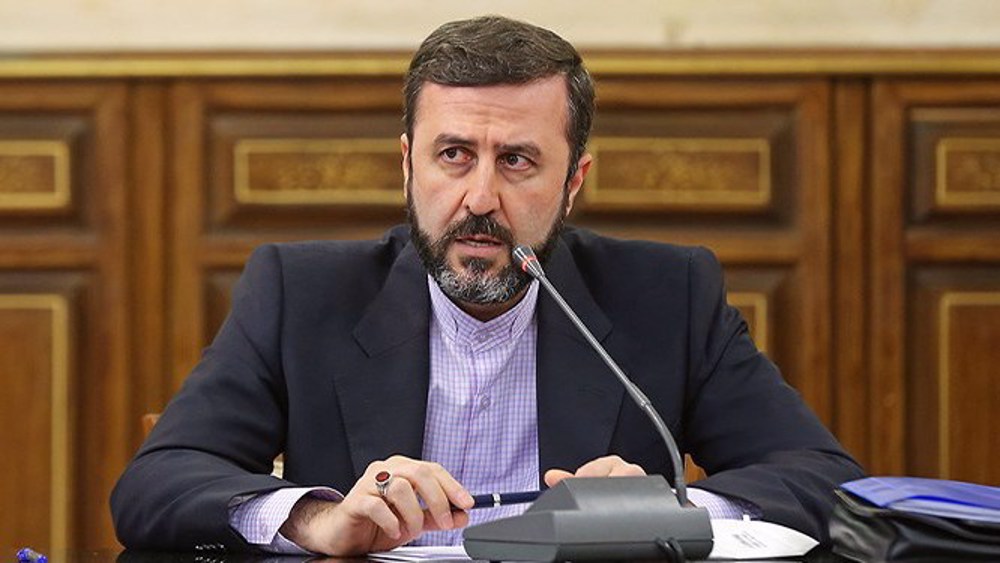
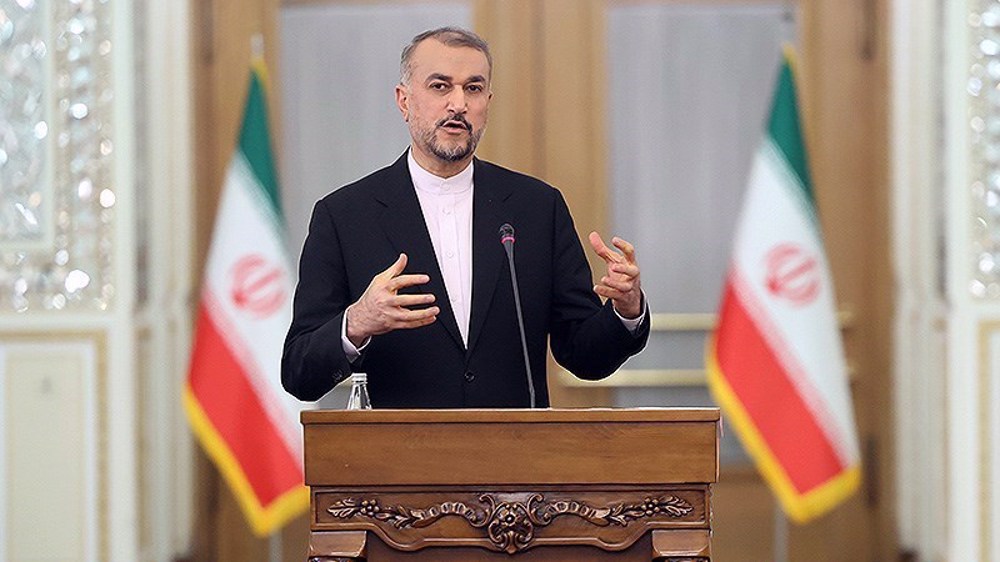
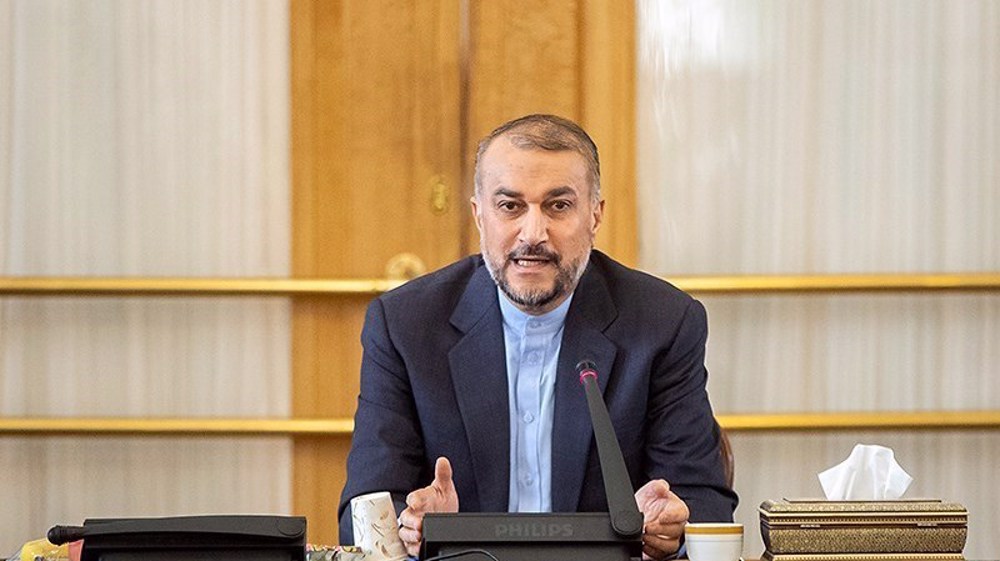

 This makes it easy to access the Press TV website
This makes it easy to access the Press TV website